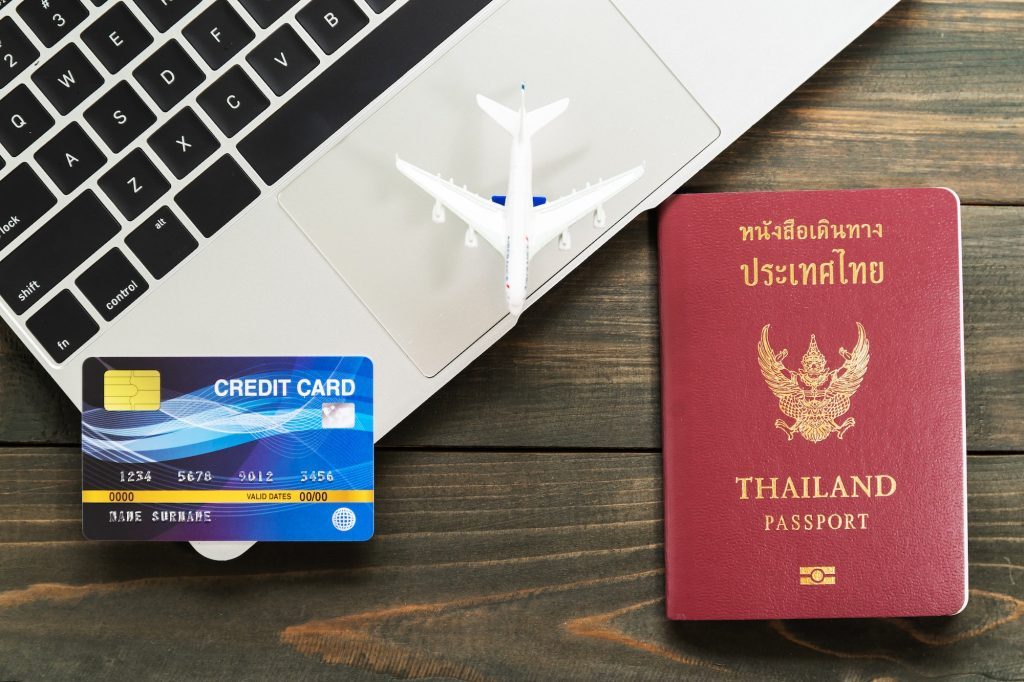Travel cards are a popular choice for consumers looking to earn rewards on their spending. They offer a wide range of features, including no foreign currency exchange fees and the ability to earn points that can be converted into cash back or transferred to airlines and hotels. But with so many travel credit cards available in the market today, it’s not easy to find the right one for your needs. In this guide we’ll give you all the information you need to choose the best travel card for you.
Why should you get a travel card?
There are a few reasons that you may want to seriously consider getting a travel credit card. The first is that you will be able to earn rewards for every purchase you make with your card, not just for travel purchases. For example, if you bought groceries with your card, you could earn rewards on those purchases as well.
Another reason is that the rewards can be used towards any kind of travel expense: plane tickets, hotel stays, trains and subways – anything related to getting from one place to another will earn points on your card! This means that even if it’s not time for your next vacation yet (or even if it has been forever since your last one), using this type of credit card will still allow you opportunities for savings on future trips before they happen.
What are the different types of travel cards?

Travel cards come in a variety of flavors. The first type is the airline travel rewards card, which you can use to earn miles and redeem them for flights, upgrades and more. Hotels, car rentals and other types of travel purchases may also be possible with this type of card.
Another popular option is the hotel travel rewards card — these are typically offered by hotel chains or independent companies that have partnerships with hotels (e.g., Marriott Rewards). They typically feature no annual fee but include generous signup bonuses as well as ongoing rewards for every dollar you spend at participating properties. Some will even allow you to earn double points at select properties on stays or dining purchases.
A similar option is the car rental travel rewards card; these often offer extra perks such as free rental days when you book through their website or app plus special discounts on insurance policies like collision damage waivers (CDWs).
You’ll also find options that let you earn 1x point per $1 spent on everything else by partnering with airlines like Alaska Airlines Mileage Plan or Southwest Rapid Rewards where they act as a payment gateway so members can pay directly from their bank accounts while still earning points toward free flights/seats instead of having them automatically deposited into an account linked up inside their account dashboard page section–which could take some time depending upon how long it takes for funds transfer process between financial institutions before being reflected online.
What factors should you consider when choosing a travel credit card?

First, you should consider what your primary travel goals are. If you want to earn rewards for flights and hotels, then a travel rewards credit card is the way to go. But if you’re not interested in flying or staying at hotels, then a general rewards card might be better suited for your needs.
There are many other factors that also influence whether or not one type of credit card is better than another: annual fee, interest rate (APR), foreign transaction fees (FTC). It’s important to understand how these components work together before making a final decision about which type of card will suit your lifestyle best.
To find the right card, you need to understand your spending habits and credit history.
When you’re looking for a new credit card, it’s important to understand your spending habits and credit history. There are several things to consider when choosing the right card:
- Card type. You’ll want to decide whether you want a cash back or points rewards card. Cash back cards tend to come with higher interest rates than points cards and offer more flexibility in redeeming rewards, while points cards usually have lower interest rates and come with fewer redemption options but provide more benefits (like free travel).
- Credit limit. Your credit limit will affect how much money you can borrow/spend using your card (the higher your credit limit, the more expensive it is for the bank to extend this line of credit). If you’re wondering how much money should be on a new card, keep in mind that most people want around 30% of their total available spend each month on one card (so if someone has $3k in available spend per month they’d probably look at getting a $1k limit).
- Interest rate & annual fee – The interest rate is essentially what determines what percentage of each purchase will be going towards paying off the balance instead of earning rewards or cash back; however interests rates vary widely based on individual factors like average age/length of time between opening accounts vs close account due dates so pay attention before deciding which type works best for them! Annual fees are another thing worth considering since some companies don’t charge any while others charge upwards $400 annually.
We hope you’ve found this guide helpful in your search for the right travel card. Remember, it’s not just about getting an offer with the most perks—it’s about finding a card that fits your spending habits and credit history. Keep these things in mind when choosing between cards, and don’t forget to look at all their features before signing up!





0 Comments